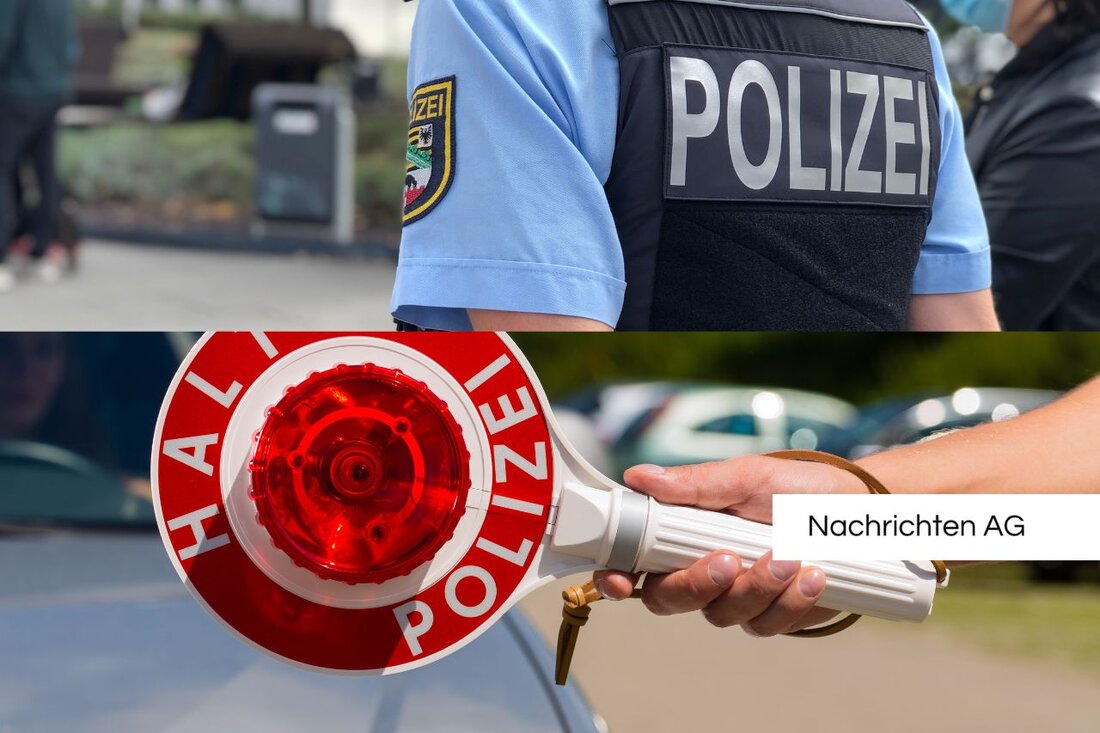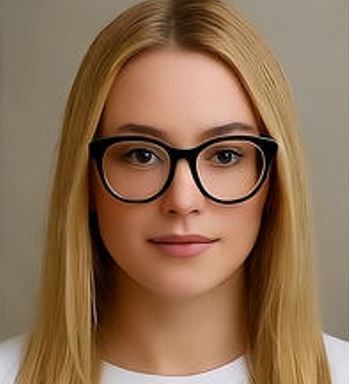Ban on headscarves for girls: government takes action and relies on coercion!
Austria is planning a headscarf ban for Muslim girls under 14 and a reform of integration policy. Details here!

Ban on headscarves for girls: government takes action and relies on coercion!
The Austrian government is planning significant reforms in the area of integration and social policy as well as a ban on headscarves for Muslim girls under the age of 14 in schools, which affects both public and private Islamic institutions. This ban, which entails fines for parents ranging from several hundred to over 1,000 euros, is aimed at strict control by teachers and authorities. In this newly aligned integration policy, the era of voluntary integration measures is also declared to be over.
Integration Minister Claudia Plakolm from the ÖVP announced a three-year, mandatory integration program that will be linked to the reform of social welfare. This program affects those entitled to asylum and subsidiary protection as well as displaced persons from Ukraine. If those affected do not show up for German or values courses, they face cuts in their integration allowance, which emphasizes the obligation to take part in such courses. According to Plakolm, the amount of aid should in future be linked to participation and willingness to work.
Social welfare reform and integration
The upcoming reform of social assistance aims to create a fairer structure with benefits in kind and uniform minimum standards. The aim is to lead families out of long-term dependency and to improve educational opportunities for children. Plakolm highlights that 73 percent of households receiving social assistance are top-ups. The integration allowance is granted on the basis of willingness to integrate, which reinforces the need for active participation in integration measures.
Another key concern of the Integration Minister is a ban on headscarves for students under 14 years of age. This ban, which was lifted by the Constitutional Court in 2020, is now to be reintroduced primarily with a focus on child welfare. Accompanying measures such as parent-teacher discussions, discussions with school psychologists and youth welfare services are planned to strengthen the girls affected and make parents responsible.
Political reactions and challenges
The ideas of the SPÖ, which also calls for Austrians to be obliged to participate in integration programs, were rejected by the ÖVP and NEOS. In addition, the reforms discussed led to the postponement of social welfare measures, which further fueled the political debate about the costs of over one billion euros annually, of which 61 percent go to non-Austrians. These reforms appear in the context of the declining number of asylum seekers and the existing challenges in integration policy, where empty course places and repeated course dropouts represent a serious problem.
In parallel with these changes, the recent threat to national security was identified by the violation of Polish airspace by at least 19 Russian drones. In response, Polish Prime Minister Donald Tusk requests consultations under Article 4 of the NATO Treaty. The EU and NATO condemn this aggression, while Russia denies responsibility.
Austria therefore faces significant challenges in integration and social policy, although the planned reforms could be groundbreaking for future development. The need for integration is considered essential and attempts are made to promote it through legal measures and regulated programs.
For further information on the reforms and their background, visit exxpress, vol.at and kosmo.

 Suche
Suche
 Mein Konto
Mein Konto
